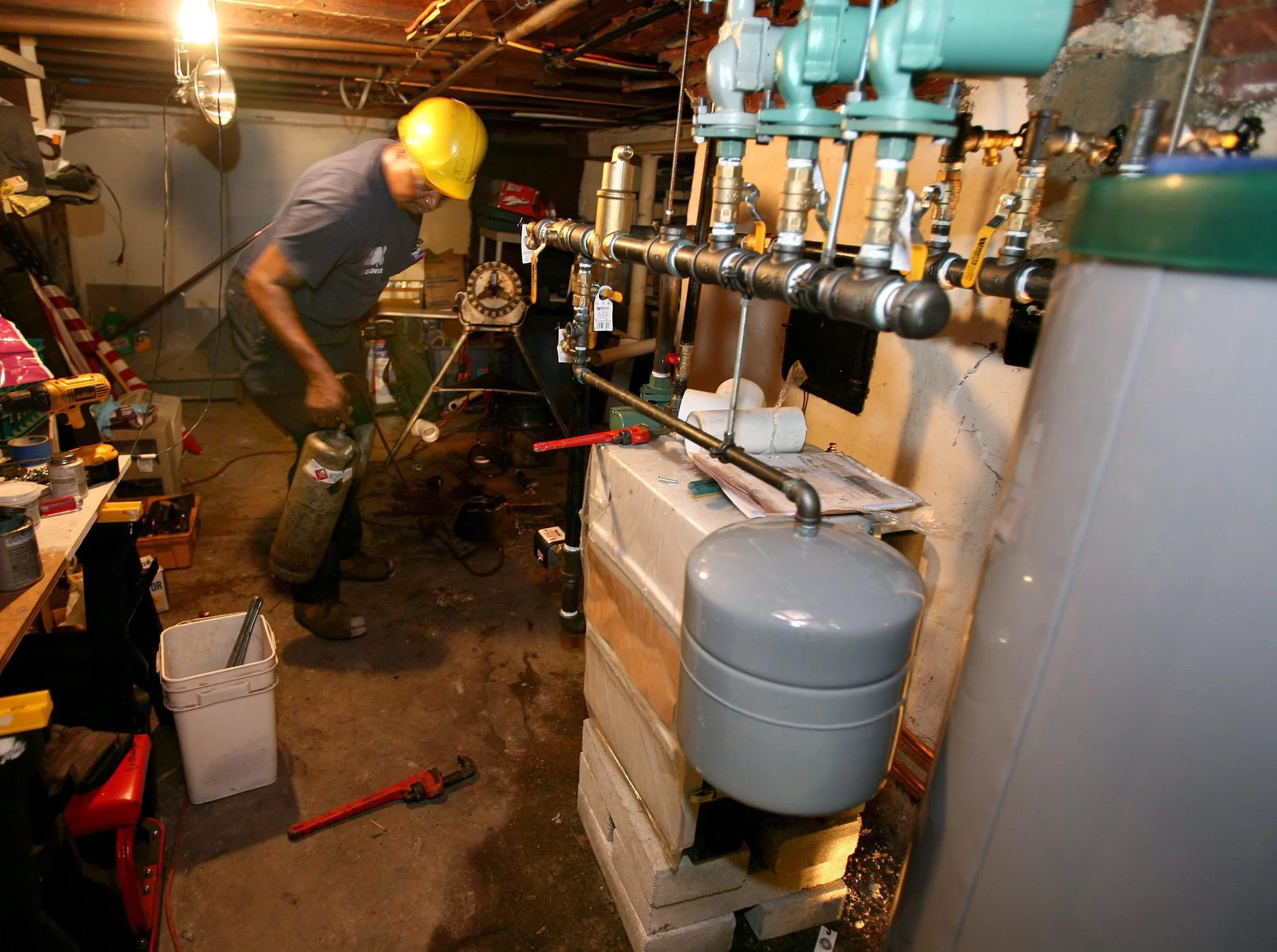However, according to FortisBC’s own projections, RNG will only ever meet a fraction of B.C.'s demand. The remainder of its supply will come from so-called “blue” and “turquoise” hydrogen, which are made from fossil fuels and can be blended with natural gas. Experts agree that we must stop extracting fossil fuels to prevent even more dangerous planetary heating.



Would anyone be kind and patient enough to help educate me a bit on this topic?
I understand that “renewable” natural gas (RNG) is sourced from landfills, sewage, food waste, agricultural or forestry residues, and so on. These sources are already emitting methane, which I suppose will eventually find its way into the atmosphere. In the atmosphere methane has an intense greenhouse effect, stronger than carbon dioxide, but it quickly breaks down, unlike CO2. However, when methane breaks down in the atmosphere the reaction leaves CO2 behind, so we get to enjoy the long-term warming effect of CO2 after the short-term warming of methane. I also understand that one of the big problems with natural gas distribution is methane leakage into the atmosphere. But even if we could avoid leakage altogether (which is probably impractical), burning methane releases CO2.
So I did a bit of reading but I couldn’t find very clear answers to these questions. I’m sorry if these are really basic, but I’d appreciate any help:
Yes.
Not only do we skip the step where the methane acts as a more powerful greenhouse gas for a while, we also get useful work from it when we burn it.
It’s not an either/or. Working on cleaner energy sources doesn’t preclude us from also burning landfill gas. The CO2 will get to the atmosphere eventually anyway, so it’s better to capture and burn the landfill gas to get useful work out of it. However, what’s even better than that would be to refuse/reduce/reuse/recycle to minimize the amount of waste we have sitting around breaking down into methane in the first place.
[Note: if this is rendering as a strikethrough instead of a subscript for you, your Lemmy client is doing it wrong.]
Thanks for your explanations. I expect I’m not the only one who didn’t really appreciate reducing methane emissions as a reason to consume less.